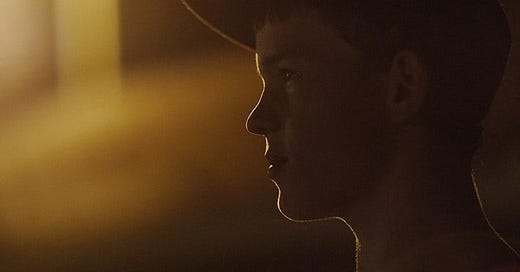There is no such thing as the typical American small town. The imagined close-knit community of financially secure farmers and tradespeople, united by patriotism and God, has begun to fade from the national imagination. In its place are real towns like Rich Hill, Missouri, where institutions like the Fourth of July parade and the public school system ma…
Keep reading with a 7-day free trial
Subscribe to Nonfics to keep reading this post and get 7 days of free access to the full post archives.



